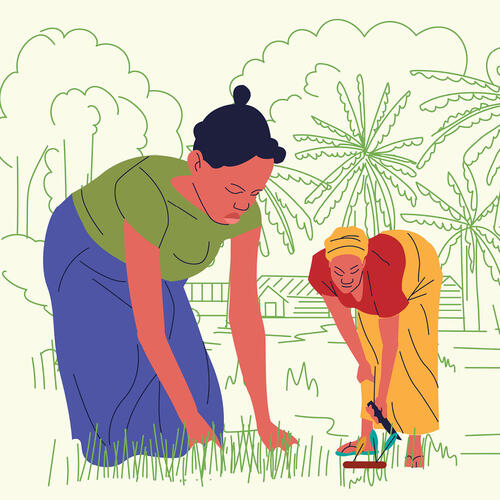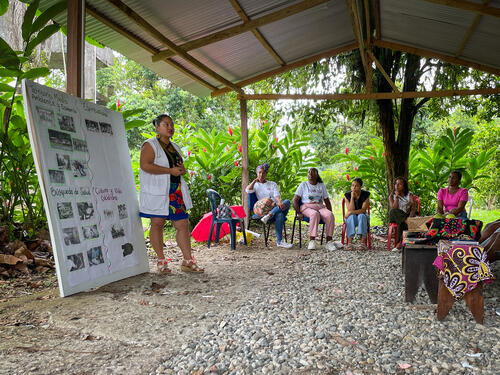Our teams are providing care to communities that are hard-to-reach, and are still being affected by conflict, despite Colombia’s 2016 peace agreement. As well, we are working near the border with Venezuela to ensure Colombians and Venezuelans settling in the area have access to medical care.
Our activities in 2024 in Colombia
Data and information from the International Activity Report 2024.
96
96
€3.1 M
3.1M
1985
1985
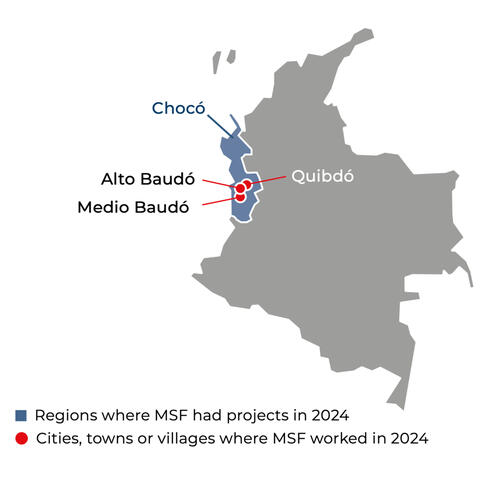

5,300
5,3
2,370
2,37
130
13

110
11
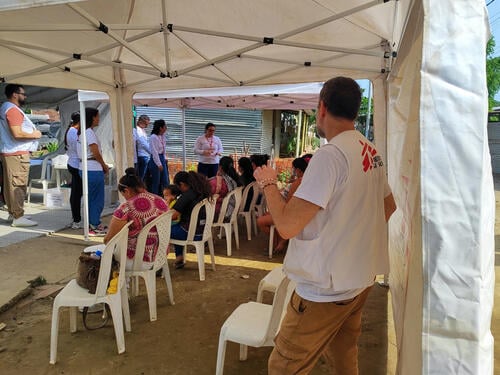
Worsening conflict leaves tens of thousands without essential care in Colombia
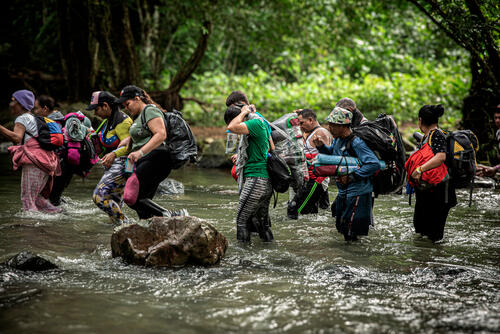
Migrants left without protection as Darién Gap crossings reach half a million
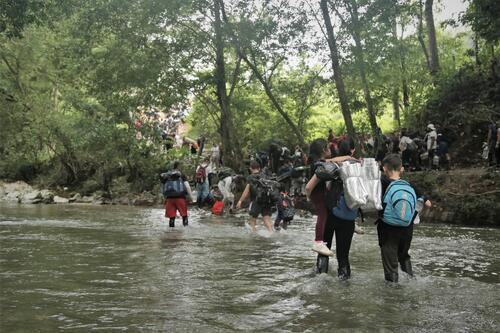
Incidents of sexual violence spike for those crossing Panama’s Darién Gap
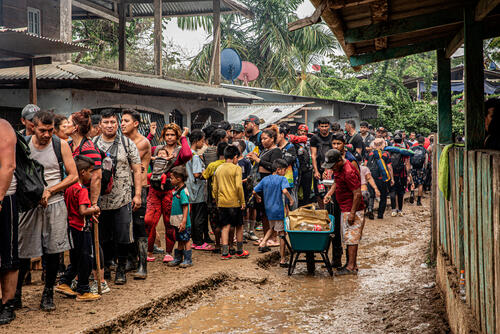
Migrants arriving in Panama in urgent need of assistance
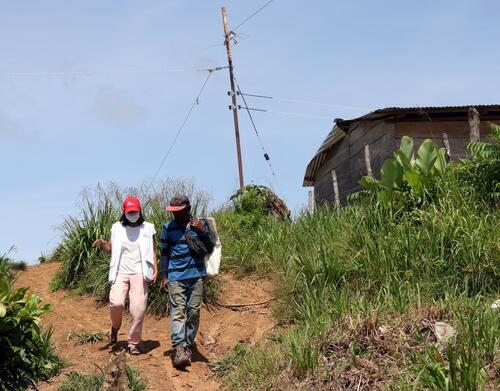
Humanitarian needs persist on Colombia and Venezuela border
